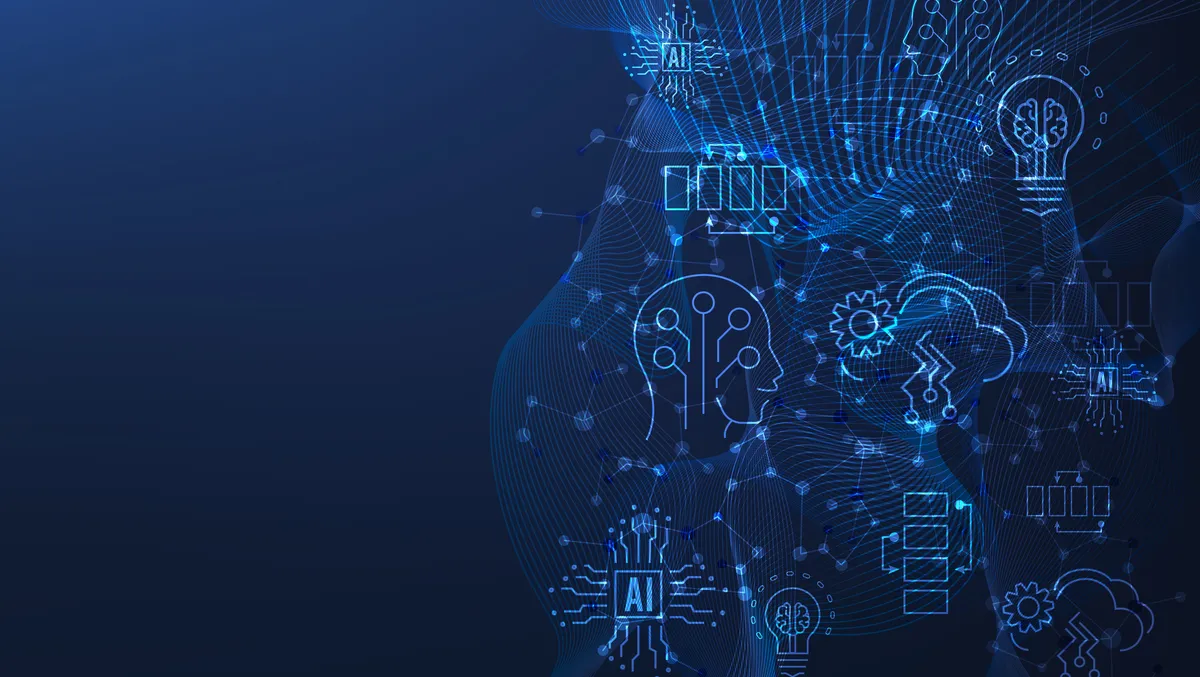
Almost 10% of Australian jobs to be automated by 2027: ServiceNow
The Australian workforce must prepare for a major shake-up. New research predicts that 1.3 million full-time jobs - or 9.9% of Australia's working population – will be automated in the next four years as AI becomes mainstream.
AI will also deliver notable productivity gains by significantly "augmenting" – or increasing the efficiency of roles to boost productivity – 6.6% of jobs (885.2k) while also adding the equivalent of 2.8% more full-time employees (369.2k people) who will be needed to implement new technologies.
Research from Pearson, commissioned by ServiceNow, uses machine learning to predict how technology will transform the tasks that make up each job and the broader impact on Australia's labour force and economy. This data analysis on skills and jobs includes reviewing over 10 million job adverts on platforms like LinkedIn.
The research reveals that roles with high levels of repetitive and technical tasks will be most impacted by AI, with bank workers (45.8% of roles set to be automated), bookkeepers (38.2%), accounts clerks (37.5%), checkout operators (36.9%), and finance brokers (36.8%) the most likely to be affected by 2027.
"The automation revolution has begun. In the next four years, we believe AI will become an essential tool for people across industries. Unlocking the huge economic and productivity gains will require businesses, governments, and individuals understanding what shifts will occur, and prioritising skills and using the right technology platforms to take advantage. This will help reverse declining Australian productivity, and it will also address skills shortages by freeing-up talent to work in the most in-demand areas," says Eric Swift, VP and Managing Director of ServiceNow Australia and New Zealand.
Even jobs that aren't fully automated will likely be transformed by integrating AI into work as technology takes on more tasks. The research predicts Australian organisations are set for AU$91.8 billion in productivity gains and savings, highlighting the need for upskilling and reskilling for the nation to benefit.
"Throughout history, we have used machines to eliminate repetitive work and by embracing AI, business leaders and governments have a huge opportunity to make work better. This research shows how we can transform our workforce and economy of scale to help ensure people are doing work that people do best," continued Swift.
The 2022 National Skills Commission annual update showed 286 Australian occupations are currently experiencing national shortages. At the same time, the latest data from the Productivity Commission revealed productivity growth has fallen to a 60-year low.
Many jobs will be heavily 'augmented' by AI – or assisted to increase productivity. The most augmentable jobs in four years will see more than a quarter of their typical tasks taken on by "machine-mates". These jobs include migration agent (31.8% of tasks done by AI), network administrator (29.1%), systems administrator (28.1%), hardware technician (28.0%), and telecommunications engineering professionals (27.8%).
"Leaders embracing AI must start planning for updated job descriptions and team structures today, as new jobs emerge. The priority is identifying the biggest shifts and investing in tailored training pathways to help people reskill. For employees, it's essential they learn how to use AI tools to make themselves more competitive. This will future-proof careers, increase well-being, and make teams more productive," said Swift.
Analysing all the tasks required for over 6,000 jobs, the research also details what alternative career paths are available to individuals who may be impacted, how they can transition into new roles, and what training they will require.
Technology jobs will see some of the most significant increases, with an additional 370,000 new technology roles required to enable Australia's adoption and deployment of technology to meet the projected productivity and economic benefits.
"There is a huge demand for ServiceNow skills in Australia, as more than 60% of the ASX100 and over 100 government agencies and departments use our platform. It's why we have committed to training 1 million people globally with ServiceNow skills, with multiple free programs, including a hybrid, 10-week training bootcamp in Australia – to help people gain the skills they need to succeed," concludes Swift.


